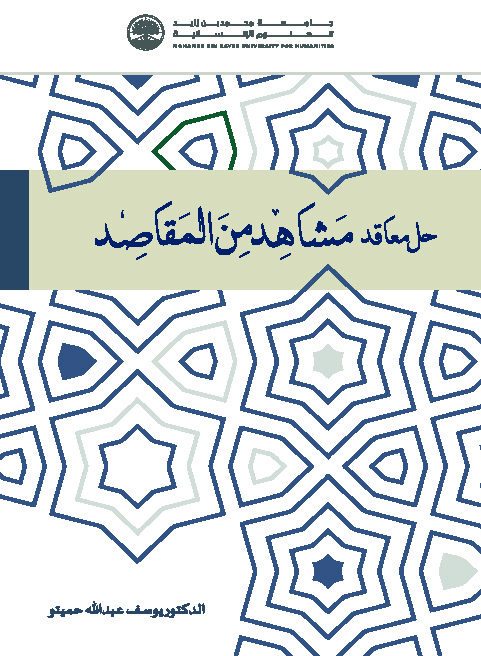This volume presents the first part of a scholarly project that aims to reposition Maqāṣid al-Sharīʿa—the higher objectives of Islamic law—within the methodological core of Uṣūl al-Fiqh (the principles of Islamic jurisprudence). Building on the vision of Abdallah bin Bayyah in Mashāhid min al-Maqāṣid, the author does not simply interpret or analyze; rather, he offers a rigorous critique of conceptual and methodological gaps that challenge scholars and jurists today. Central to the project is a concern with much of the contemporary discourse on Maqāṣid, which, the author argues, tends to lack depth and methodological grounding. In response, this work proposes a renewal of Uṣūl al-Fiqh through an approach deeply rooted in classical tradition while responsive to modern analytical frameworks. The result is a coherent and intellectually honest contribution to the revival of Islamic legal thought—balancing fidelity to the tradition with relevance to contemporary realities



